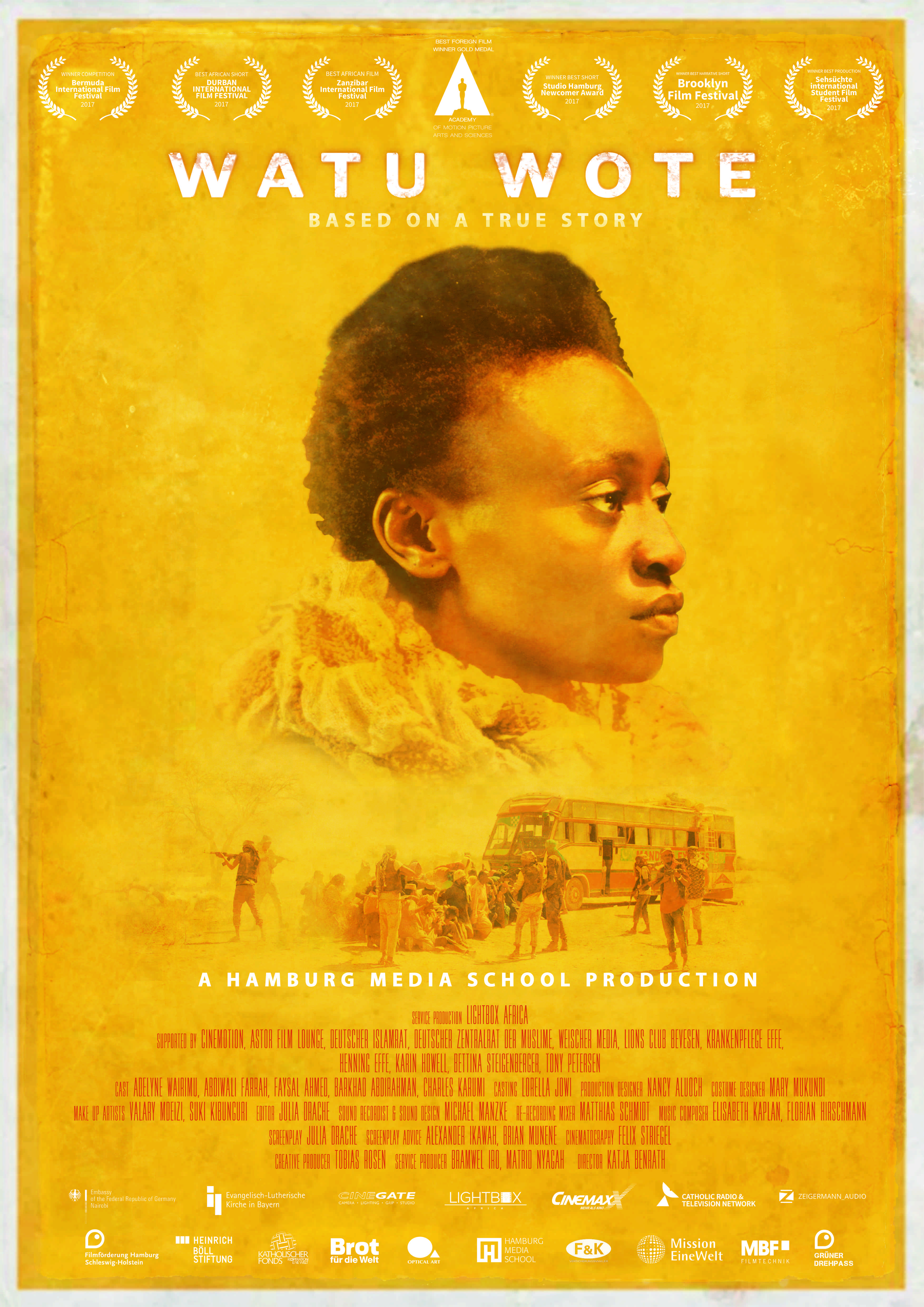
Short Film Review “Watu Wote (All Of Us)”
WATCH THE TRAILER HERE
First, the Recap:
The search for unanimity, agreement, accord, or simply cooperation. In a world filled with growing unrest, with so many at odds with one another, and peace seeming like a completely foreign concept, is it any wonder the conflicts that plague our existence in the myriad of forms they do appear to fuel an unquenchable fire? Yet, what happens when one act can change perception? The country of Kenya has known more than its fair share of strife, especially in the borderlands of it and Somalia. With the extremist group Al-Shabaab perpetrating attacks against Christians, tensions between the Muslim and Christian populations grows exponentially. With such high distrust, the anticipation of associated violence accompanies the enmity.
For one young Christian woman named Jua (Adelyne Wairimu), her only concern is reaching a final destination via the 31-hour bus trip to visit a sick mother in Mandera. Packed into a totally full vehicle, Jua simply keeps to herself while being acutely aware of all around her. Upon interacting with a Muslim and teacher named Salah Farah (Abdiwali Farrah) who is traveling with a former student, Abdirashid Adan (Barkhad Abdirahman), Jua’s internal anger and prejudices come out based on a brutal past event that she associates with all Muslims. Later asking Salah’s forgiveness, their shared journey is terrifyingly interrupted by a group of Al-Shabaab terrorists, lead by Hassan Yaqub Ali (Faysal Ahmed), bent on killing Christians. What happens in those next moments surprises Jua as all her notions about Muslims get radically and unequivocally altered.
Next, my Mind:
As this reviewer has commented on many a time in the past, sometimes, there is nothing more blatantly impactful and necessary than the power of real life being portrayed in film. Therefore, what can be said for this 22-minute short film effort from director Katja Benrath–that belief remains strong and stands potently true here. Based on the December 2015 Mandera Bus Attack incident, the narrative ultimately paints a tapestry that depicts both the disheartening and needless atmosphere of hate and anger that gets assigned to entire groups of people while also turning around and showcasing the inspired nature of compassion, unity, and harmony that people possess when those other factors are cast aside and we see each other simply as human beings. The wonderful cinematography propels the viewer through the darkened and potentially dangerous streets of Jua’s hometown, to the crowded interior of the bus, to the unsettling aura of fear and horror that is the attack itself. With such an emotionally-charged finale that speaks volumes to the ideal world we’d all like to encounter, it also emphasizes that even with differences in beliefs and overall life ideologies, it literally doesn’t mean we cannot find a common ground as the human race to help and support each other, disagreements and all.
Wairimu delivers a wonderfully subdued yet keenly intense performance as Jua, a woman only trying to get where she desires to go while holding inwardly and outwardly the Christian faith she treasures, despite bearing a hidden but earnest and committed resentment towards all Muslims due to her past, which comes out candidly in her initial conversation with Salah. Yet, in asking for his forgiveness for her attitude and the subsequent actions he takes during the bus attack, it becomes the eye and heart-opening experience she needs to realize not all Muslims are as the terrorists are. It’s a sobering but amazing wake-up call for Jua, and her gratefulness towards Salah and others who aided her is true and compelling, all very well portrayed by Wairimu. Farrah, likewise, does an excellent job as Salah, a Muslim and teacher whose pleasant nature, patience, and level of tolerant but firmly steadfast awareness of how Muslims have been construed, even in the face of misunderstanding or unabashed hostility, is beyond admirable and intentionally flies in the face of so many of the ideas ignorantly attached to Muslims as a community, rather than just to the specific radicals who desire chaos. His demeanor towards Jua is actually heartwarming to watch when looking beyond the surface reaction to her comments to him, and it lends such a weight to his involvement in protecting her during the attack. It’s well enacted throughout by Farrah.
Ahmed shines again as the bad guy (after his turn via the Tom Hanks effort “Captain Phillips”) in his role as Hassan Yaqub Ali, leader of the Al-Shabaab group that terrorizes the Mandera-bound bus and its seriously frightened passengers. Ali’s icy, anger-fueled tirade and hell-bent search for Christians to kill is believable as it is wince-inducing, and the sense of pure animosity he projects is decidedly jarring, even as he viciously manhandles some of the Muslims as well. Ahmed truly embodies the character with poise and fierceness, a credit to the actor. Supporting turns arrive from Abdirahman as Salah’s former student Abdirashid who tries to sell water and other snacks on the bus while becoming another key figure in Jua’s “escape”, and Charles Karumi as terrorist Issa Osman who has his own minor wake-up call during the attack. Additional appearances are present from Saada Mohammed, Justin Mirichii, Alex Khayo, Gerald Langiri, Douglas Muigai, and Mahad Ahmed. In total, “Watu Wote (All Of Us)” is yet another necessary, strong-minded, well-executed, reality check-producing short film that shines that all-seeing light on the state of humanity, the need to re-adjust our thinking, and, in doing so, bring us closer together.
As always, this is all for your consideration and comment. Until next time, thank you for reading!
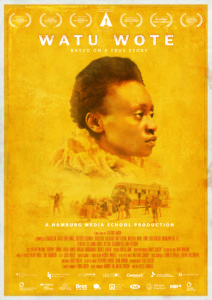
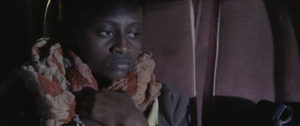
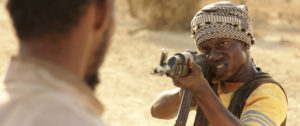
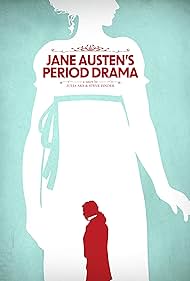
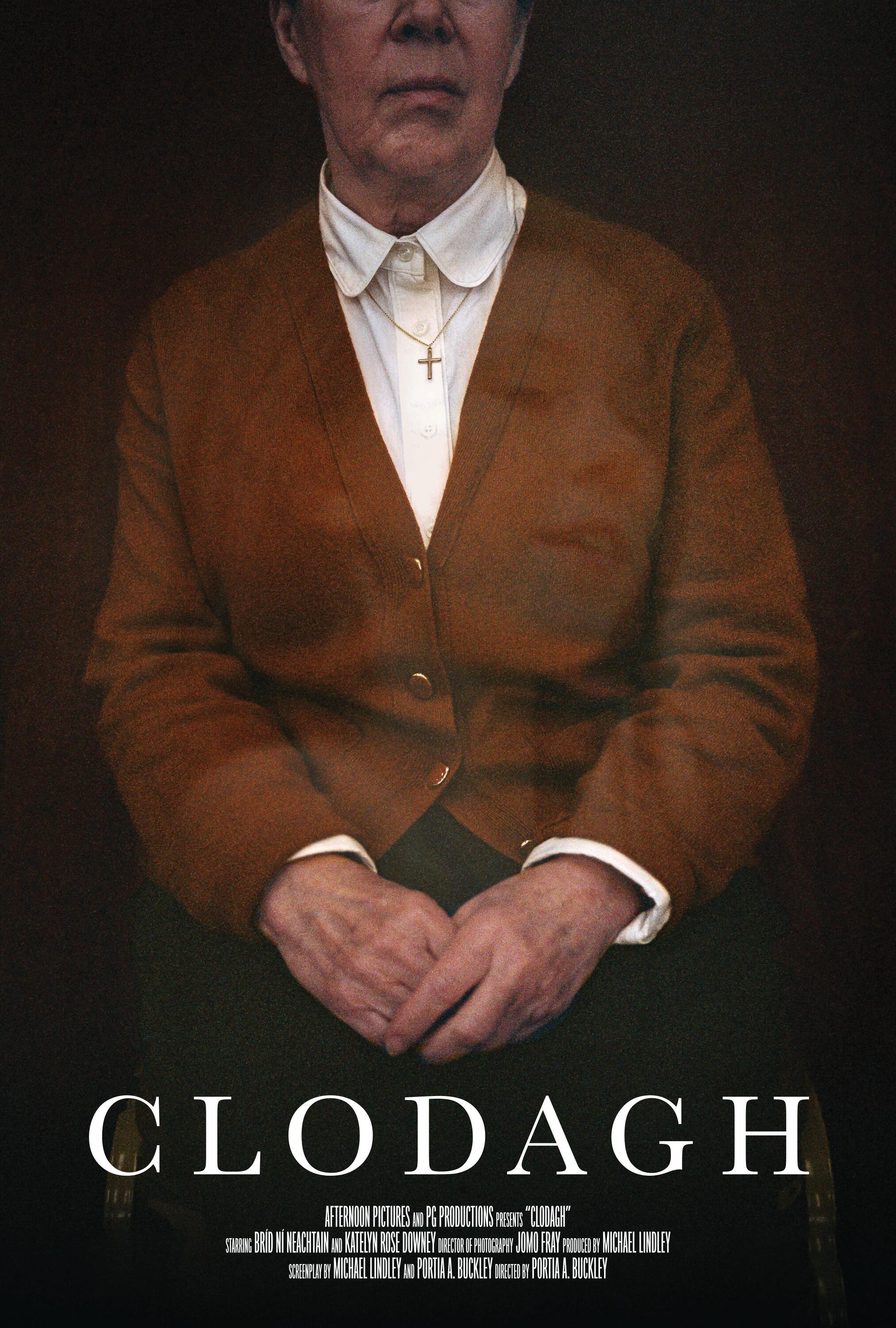
Wow!!! Intense. Your review makes me want to see this film.